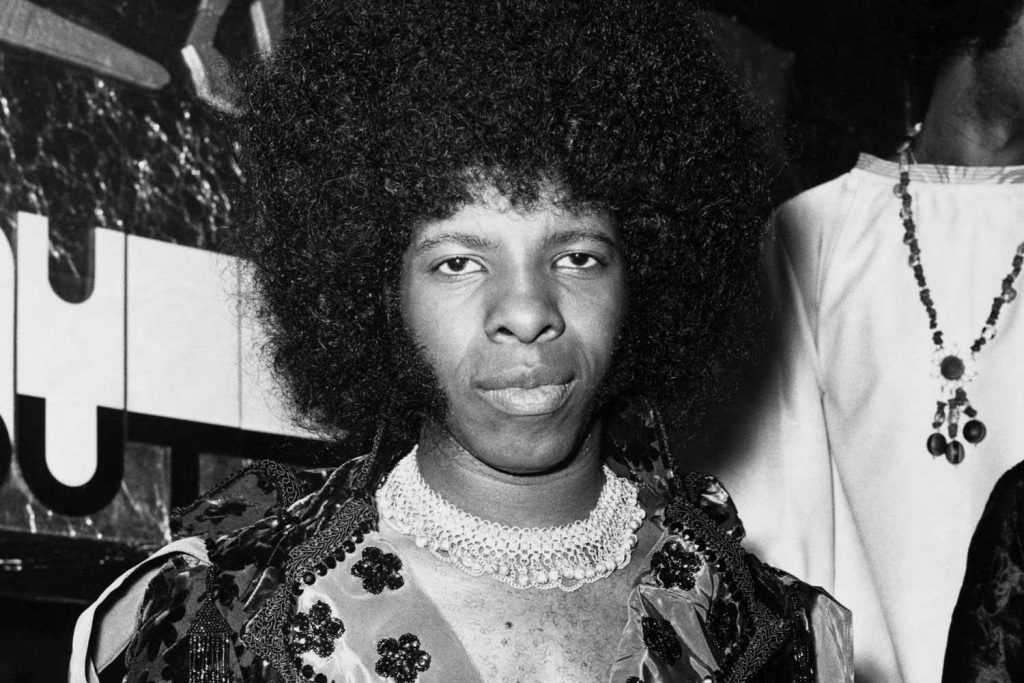Sly Stone—the trailblazing bandleader, producer, songwriter, and voice behind the kaleidoscopic powerhouse Sly & the Family Stone—passed away June 9, in Los Angeles after a battle with lung disease. He was 82.
A statement from his family reads: “While we mourn his absence, we take solace in knowing that his extraordinary musical legacy will continue to resonate and inspire for generations to come.”
Born Sylvester Stewart in Denton, Texas, he was the second of five children in a deeply musical family. The Stewarts relocated to Vallejo, California, where by the age of eight, young Sylvester was already cutting gospel records with his siblings Freddie, Rose, and Vaetta as The Stewart Four. His voice—urgent and unfiltered—can still be heard on their 1952 single “On the Battlefield of the Lord.”
A grade school slip-up turned “Sylvester” into “Sly,” and the name stuck. By 11, he’d mastered a jaw-dropping range of instruments: guitar, bass, keys, and drums. In high school, he formed the Viscaynes, a racially integrated doo-wop group that gigged and recorded around L.A.—a quiet act of defiance in a still-segregated music industry.
Stone’s musical reach deepened in the early ‘60s, when he became a popular DJ at R&B station KSOL in San Mateo. His playlists folded white rock acts like The Beatles and The Rolling Stones into sets of Motown, gospel, and West Coast soul. At the same time, he was producing sides for Autumn Records, helping Bay Area talent cut through the static. One of those recordings—Bobby Freeman’s “C’mon and Swim”—became a national hit in 1964.
In 1966, Sly and his brother Freddie combined their musical outfits to form Sly & the Family Stone—a band that became one of the late ’60s’ most radical and joyful expressions. Black and white, men and women, musicians from different walks of life—you don’t need to talk about inclusion when you’re busy living it. They were a family in every sense, loud, funky, and entirely new.

With songs like “Everyday People,” “Dance to the Music,” and “Family Affair,” the group delivered messages of unity and rebellion, all wrapped in a technicolor swirl of soul, rock, gospel, and groove. Their 3:30 AM set at Woodstock in 1969 became one of the festival’s most mythologized performances. As Stone wrote in his 2023 memoir Thank You (Falettinme Be Mice Elf Agin): “The call, the response. It felt like church. The horns went up into the sky.”
But by the 1970s, the party had a darker edge. Stone’s genius didn’t fade, but his demons caught up. Drug addiction and no-shows became part of his myth. And by the early ‘80s, he’d nearly vanished.
Still, funk never let go of Sly Stone. He resurfaced sporadically—sometimes alongside his daughter’s band, Baby Stone—and was honored with a Grammy Lifetime Achievement Award in 2017. His fingerprints remain all over modern music, heard between the lines of every artist who’s dared to color outside the lines.